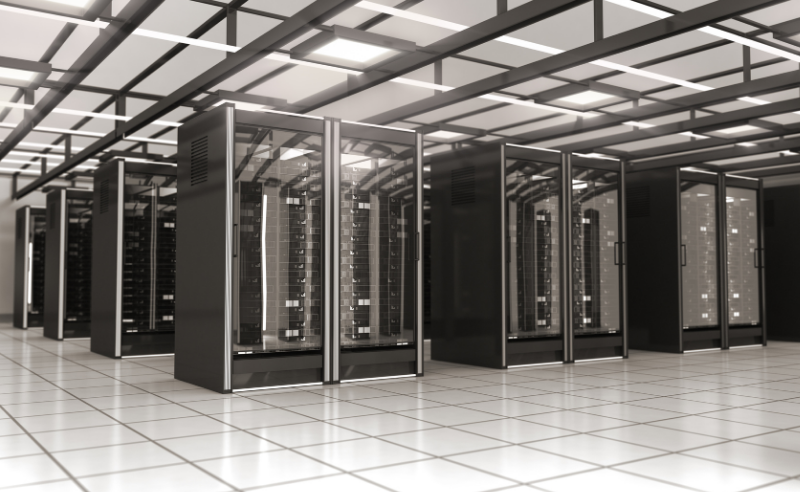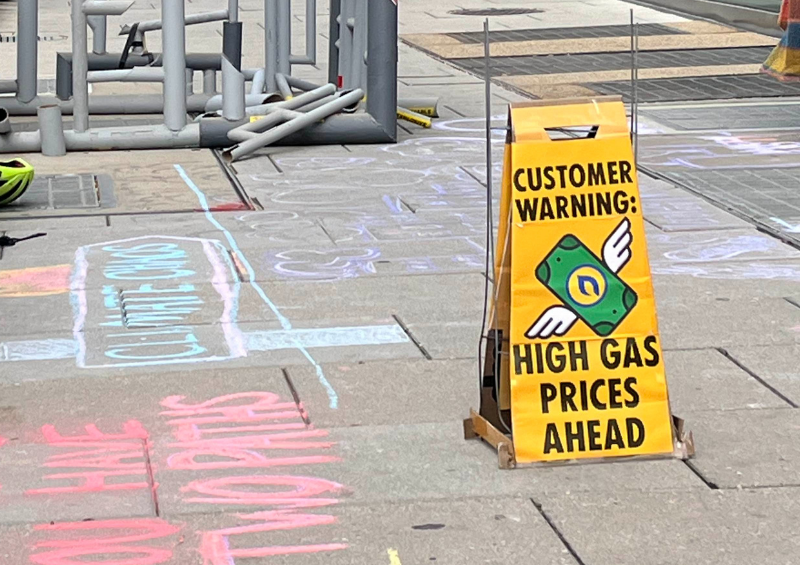In an all-day discussion and voting session debating 12 different proposals, members of PJM Interconnection put the most support behind the most protective plan for ratepayers
WASHINGTON, D.C. — Voting members at Pennsylvania-New Jersey-Maryland Interconnection (PJM), the organization managing the flow of electricity to 65 million people across 13 states and D.C., met yesterday to debate and vote on different options for how to allocate the soaring energy costs associated with data centers. Of the comprehensive proposals, the solution that received the most stakeholder support is the one that was the best for protecting ratepayers. There was one proposal that received more support, but it was a narrow one focused only on Price Responsive Demand.
The proposal that would fully address the problem posed by 30 gigawatts of data centers seeking to connect to the PJM grid in the coming years was put forward by the Independent Market Monitor. Without any protections, this new data center load could cost the average ratepayer $70 a month. This proposal would not allow data centers to connect to the PJM grid until there is sufficient generation to provide electricity to those facilities. This Bring Your Own Generation (BYOG) approach is broadly supported by stakeholders. Advocates from across the PJM region recently sent a letter to PJM urging support for a Bring Your Own Generation requirement.
“People should not be forced to choose between energy affordability and reliability, said Quentin Scott, Federal Director of Chesapeake Climate Action Network. “In this instance, the solution that is best for affordability is also best for reliability, and that is why we saw more support for PJM policies that will keep electricity prices low.”
None of the 12 proposals considered by PJM received the necessary support to be declared “passed.” This voting session is meant to inform the final proposal, which will be developed by the PJM Board of Managers in the coming month.
# # #
Chesapeake Climate Action Network is the first grassroots organization dedicated exclusively to raising awareness about the impacts and solutions associated with global warming in the Chesapeake Bay region. Founded in 2002, CCAN has been at the center of the fight for clean energy and wise climate policy in Maryland, Virginia, Washington, DC and beyond.



